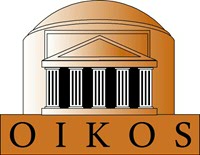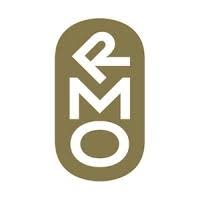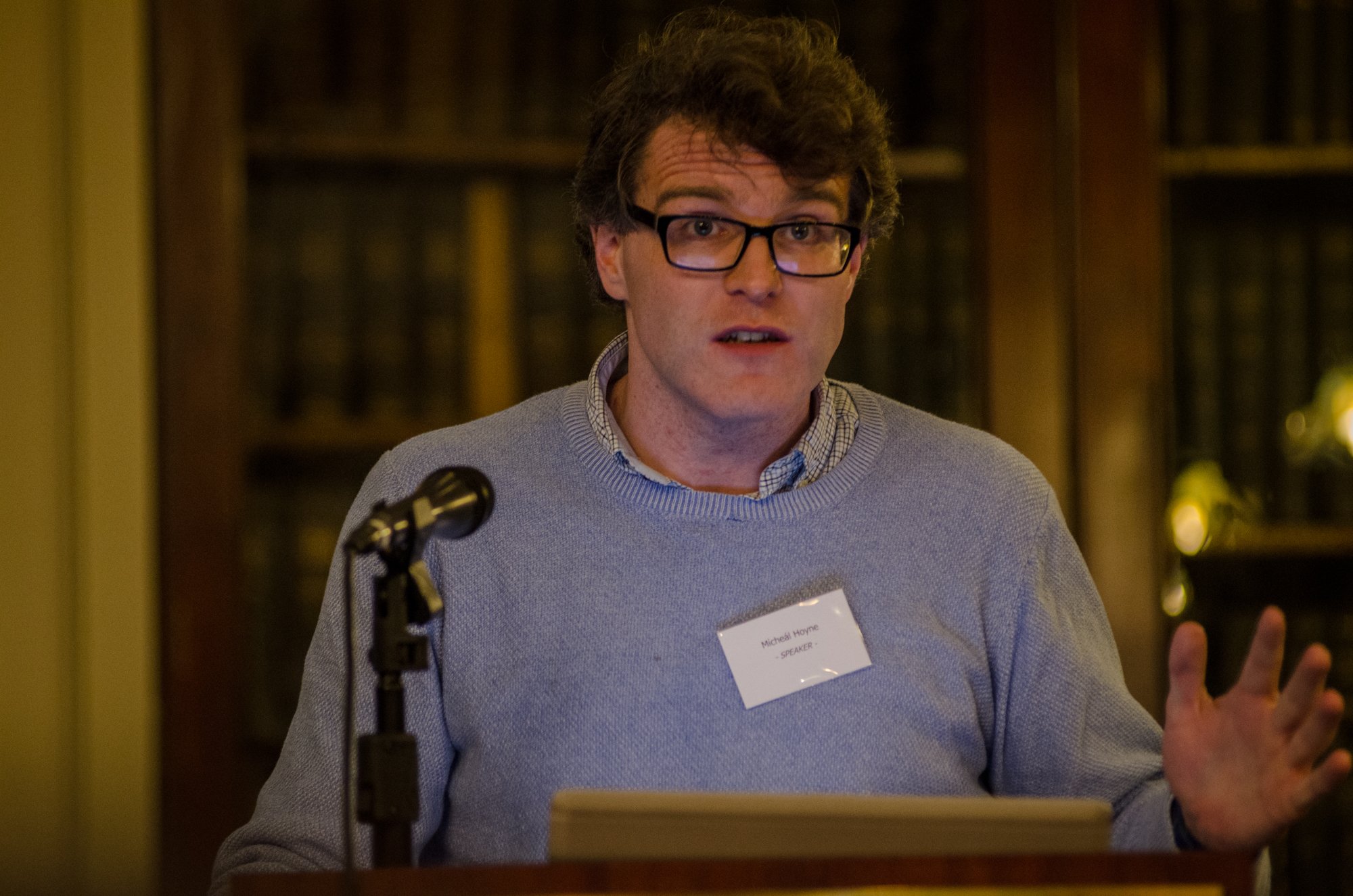Maartje Draak Seminars
By virtue of the legacy of prof. Maartje Draak, we are able to organise the annual Maartje Draak Seminars in which international Celticists visit Utrecht for intensive workshops and seminars.
The Maartje Draak Seminars 2025 feature dr Fraser Hunter (National Museums Scotland) and dr Jasper de Bruin (Rijksmuseum van Oudheden) to further explore with us the theme of ‘A Celtic Legacy in a Roman World’. Watch last year’s aftermovie here for an impression of the seminars!
Our partners this year are:
The Van Hamel Foundation for Celtic Studies
OIKOS – Onderzoeksinstituut Klassieke Oudheidstudiën
Wednesday 25 June
| Event | Location | For whom | |
| 10.00-11.00 | Lecture: The Bunnik Coin Hoard by dr Jasper de Bruin | Rijksmuseum van Oudheden, Leiden | Students (registered) |
| 11.00-12.30 | Tour of the exhibition: Boven het Maaiveld | Rijksmuseum van Oudheden, Leiden | Students (registered) |
| 12.30-14.00 | Communal Lunch | Rijksmuseum van Oudheden, Leiden | Students (registered) |
Thursday 26 June
| Event | Location | For whom | |
| 13.15-15.00 | Seminar dr Fraser Hunter: Interrogating metalwork: design and context | Drift 25, 0.03 | Students (registered) |
| 15.15-17.00 | Lecture dr Fraser Hunter: Celtic art in Roman Britain, AD 1-200 | JK 2-3, 0.21 | All welcome |
| 17.15-19.00 | Borrel | Faculty Club, Utrecht | All welcome |
Dr Jasper de Bruin
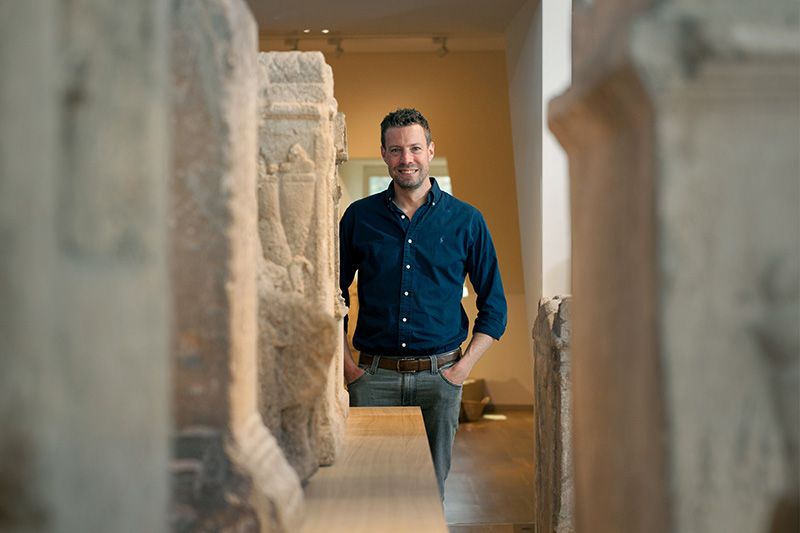 Jasper de Bruin studied Archaeology of the Roman Period at the University of Amsterdam. After his graduation, he worked as an archaeologist for the council of Delft. From 2006 onwards, he worked as a lecturer and researcher at Leiden University, where he was nominated for the educational awards, and where he completed his doctoral research on the Cananefaten, the peoples living in the South of Holland during the Roman period. He has led various digs in the Netherlands, and has been curator at the Rijksmuseum of Antiquities in Leiden since 2019. His interests centre around material culture and archaeological theory of Roman North-West Europe.
Jasper de Bruin studied Archaeology of the Roman Period at the University of Amsterdam. After his graduation, he worked as an archaeologist for the council of Delft. From 2006 onwards, he worked as a lecturer and researcher at Leiden University, where he was nominated for the educational awards, and where he completed his doctoral research on the Cananefaten, the peoples living in the South of Holland during the Roman period. He has led various digs in the Netherlands, and has been curator at the Rijksmuseum of Antiquities in Leiden since 2019. His interests centre around material culture and archaeological theory of Roman North-West Europe.
Dr Fraser Hunter
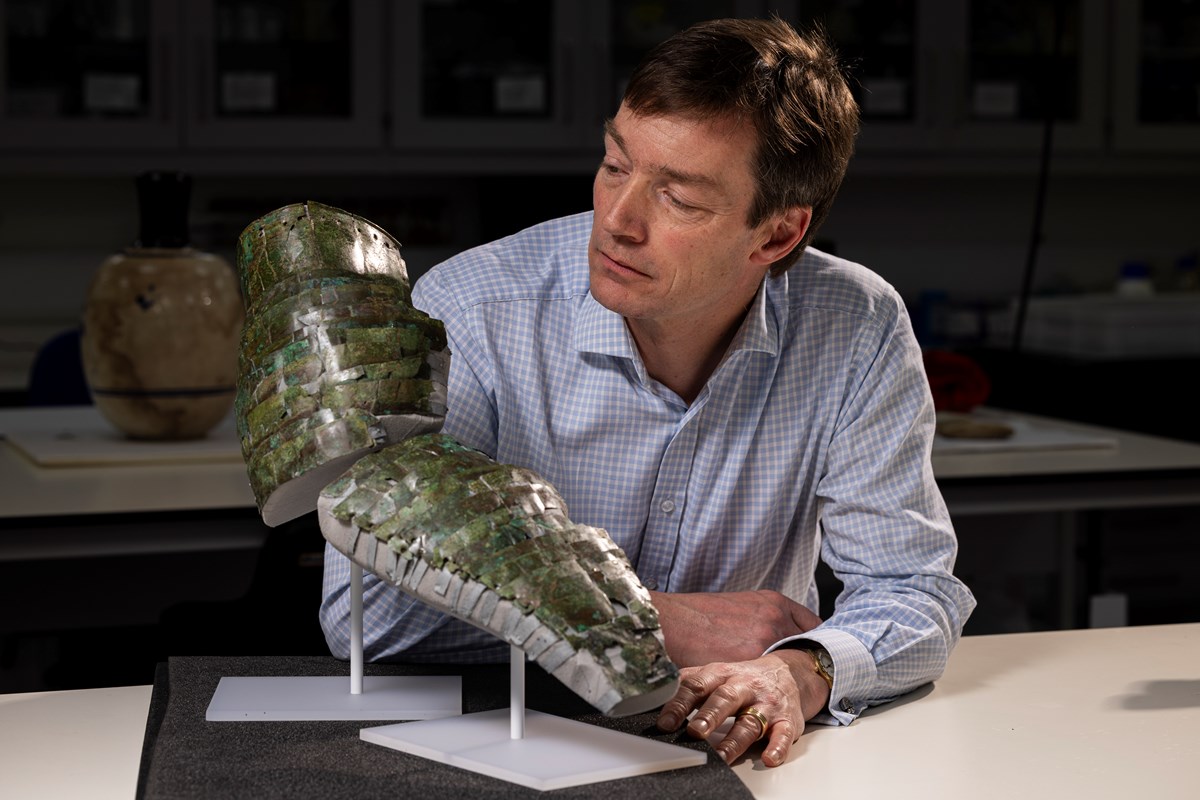 Fraser Hunter is principal curator of Iron Age and Roman collections. His undergraduate degree and PhD are both from Bradford University, and he has worked at the National Museum since 1991.
Fraser Hunter is principal curator of Iron Age and Roman collections. His undergraduate degree and PhD are both from Bradford University, and he has worked at the National Museum since 1991.
His research work focuses around three key topics:
- understanding Iron Age decorative metalwork (“Celtic art”) in its European context
- understanding the impact of the Roman world on the peoples of Scotland in its Empire-wide context
- making the most of Iron Age material culture.
A key strand has been excavation work, both his own and using the results of others through the department’s post-excavation service. A vital element has been following up Treasure Trove discoveries in the field to provide a context for “stray finds”, as at Birnie (Moray) following a scatter of Roman coins, and at Blair Drummond, the findspot of an Iron Age gold torc hoard.
Dr Jasper de Bruin & Boven het Maaiveld
In the autumn of 2023, a hoard of hundreds of Roman and British coins were found near the village of Bunnik, in the province of Utrecht. The youngest coin in the hoard dates back to the reign of Emperor Claudius (AD 41-54), and other coins refer to the Celtic king Cunobelinus as well as to king Juba of Numidia. Its mixed composition makes it the first British-Roman hoard ever discovered on mainland Europe.
In the lecture, conservator of the National Museum for Antiquities, Jasper de Bruin, will tell us what archaeologists have learned about these coins since they were first discovered, and what they can tell us about the tumultuous period in which they were put in the ground.
Dr Fraser Hunter on Celtic Art
‘Celt’ and ‘Roman’ are easy generalisations that dissolve, reshape and complexify on closer interrogation. The early centuries AD in Britain offer a perfect example of this. The Iron Age peoples of Britain shaped the Roman conquest as well as being shaped by it. The material evidence – things we call Celtic art and Romano-British art – offer ways to examine this. The series will consist of two lectures looking at the earlier and later Roman periods in Britain, as well as beyond Hadrian’s Wall. Two seminars will allow deeper discussion and interrogation of key categories of evidence – metalwork and sculpture.
Seminar: Interrogating metalwork: design and context
The early Roman period saw the creation of masterpieces of metalwork within Roman Britain and beyond its edges. A close eye on their design and technology allows us to consider what they were trying to do for those who made them and saw them. Case studies of brooches, enamelled vessels and other items will use images to discuss their designs and possible intentions.
Lecture: Celtic art in Roman Britain, AD 1-200
“Celtic art” is complex. We think we know it when we see it, but defining what it was and how it developed are surprisingly difficult. Different versions exploded at times of contact and change. Britain in the Roman period provides an excellent example. Celtic art did not die with conquest: it sprang into new life, first as a reaction to Rome and then as a way to deal with this novel Roman world. People’s lives and visual worlds were transformed by this meeting of different cultures. Style and technology allow us to trace a complex story of interaction and adaptation.
Students (advanced BA & (R)MA) can acquire 1 ECTS by attending and writing a report of ca. 1000 words on the skills and knowledge gained during the seminars.
Registration may be done through this link.
The Maartje Draak Seminars 2024 featured dr Deirdre Nic Chárthaigh (TCD) and dr Mícheál Hoyne (TCD), and took place on Thursday 27 June and Friday 28 June. The Seminars will also included a screening of the documentary Ó Bhéal, which explores the increasing prominence of Irish language and tradition in the Irish Hiphop scene.
It is possible to download the full programme as pdf.
Thursday 27 June
| Event | Location | For whom | |
| 13.15-15.00 | Seminar: Reading Early Modern Irish: language, literature and sources I |
Drift 25, 0.03 | Students (registered) |
| 15.30-16.30 | Lecture dr Deirdre Nic Chárthaigh: Early Modern Irish Romantic Tales: a forgotten corpus? | Kromme Nieuwe Gracht 80, 0.06 | All welcome |
| 16.45-19.00 | Reception | University Museum Utrecht, Oranjerie | All welcome |
Friday 28 June
| Event | Location | For whom | |
| 11.00-12.45 | Seminar: Reading Early Modern Irish: language, literature and sources II | Drift 25, 0.03 | Students (registered) |
| 13.15-14.15 | Lecture dr Mícheál Hoyne: Irish Bardic Poetry 1200–1650 | Janskerkhof 15A, 0.04 | All welcome |
| 15.30-17.30 | Screening: Ó Bhéal + discussion | Parnassos, @Theatre Room | All welcome |
Mícheál Hoyne
Tá BA sa Nua-Ghaeilge agus sa Stair ó Choláiste na Tríonóide (2010) agus PhD (2014) ag Mícheál Hoyne. Bhí sé ina Chúntóir taighde in Philipps-Universität, Marburg (2013-14). Chomh maith leis sin, bhí sé ina Scoláire an Donnabhánaigh (2014-17) agus ina Chomhalta an Aimhirgínigh (2017-22) i Scoil an Léinn Cheiltigh, Institiúid Ard-Léinn Bhaile Átha Cliath. Faoi láthair, is léachtóir Gaeilge é i gCnT agus is comheagarthóir ar Ériu é i gcomhar leis an Ollamh Emeritus Damian McManus.
Mícheál Hoyne holds a BA in Modern Irish and History from TCD (2010), and a PhD from the same institution (2014). He has been Wissenschaftlicher Mitarbeiter in the Philipps-Universität, Marburg (2013-14), and an O’Donovan Scholar (2014-17) and Bergin Fellow (2017-22) in the School of Celtic Studies at the Dublin Institute for Advanced Studies. He is currently an assistant professor at Trinity College Dublin and co-editor of the journal Ériu with Prof. Emeritus Damian McManus.
Deirdre Nic Chárthaigh
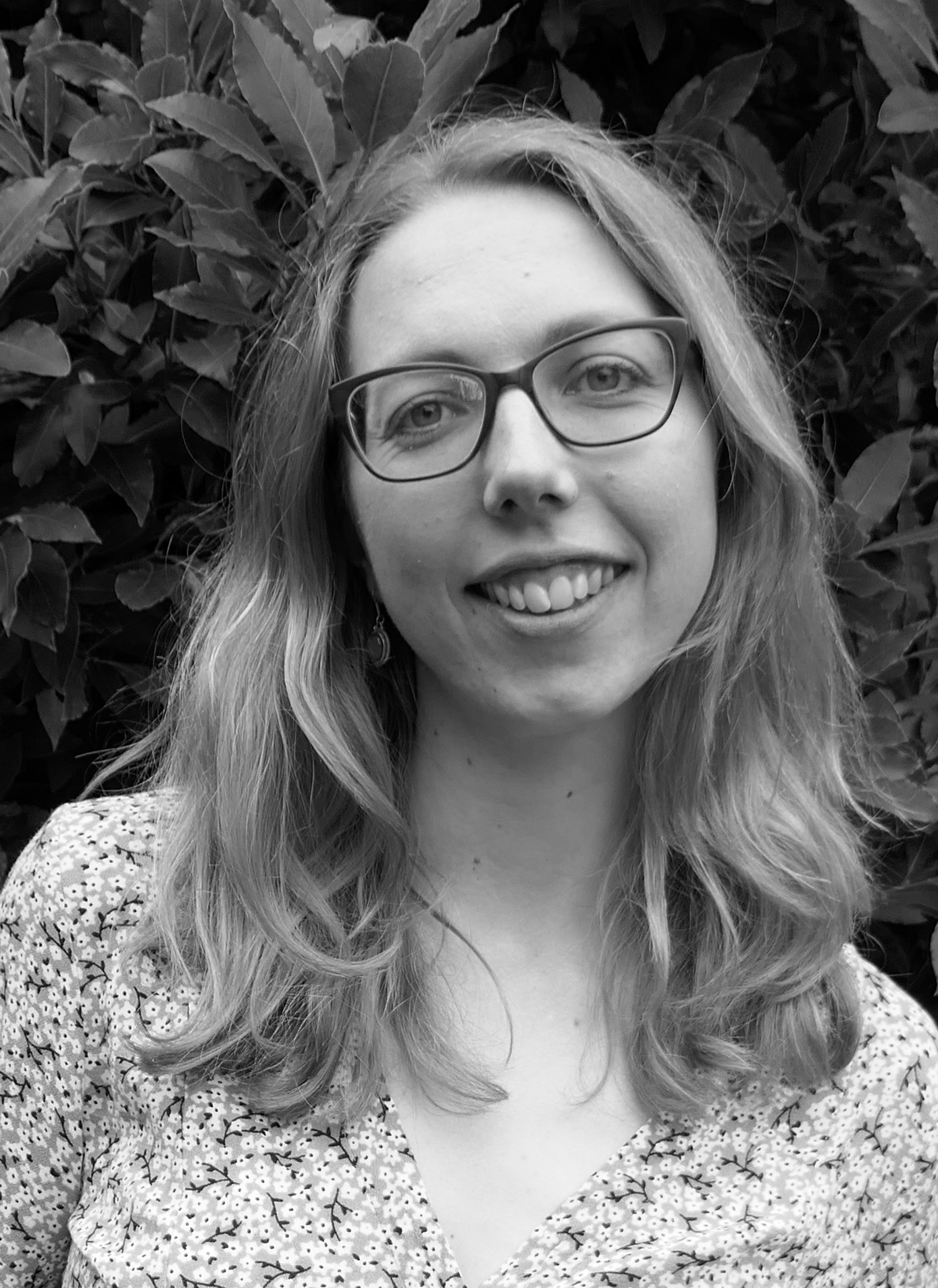 Is léachtóir í Deirdre Nic Chárthaigh i Roinn na Gaeilge agus an Léinn Cheiltigh i gColáiste na Tríonóide, Baile Átha Cliath. Tá spéis aici i bprós agus i bhfilíocht na Nua-Ghaeilge Moiche agus i dtraidisiún na lámhscríbhinní sa tréimhse iarchlasaiceach. Tá ailt foilsithe aici in Celtica agus in Ériu, agus foilseofar a heagrán den téacs Bodach an Chóta Lachtna go luath. Chaith Deirdre seal ag obair ar an tionscnamh MACMORRIS, agus tá sí ag obair ar an tionscadal Léamh ó bhí 2018 ann chomh maith.
Is léachtóir í Deirdre Nic Chárthaigh i Roinn na Gaeilge agus an Léinn Cheiltigh i gColáiste na Tríonóide, Baile Átha Cliath. Tá spéis aici i bprós agus i bhfilíocht na Nua-Ghaeilge Moiche agus i dtraidisiún na lámhscríbhinní sa tréimhse iarchlasaiceach. Tá ailt foilsithe aici in Celtica agus in Ériu, agus foilseofar a heagrán den téacs Bodach an Chóta Lachtna go luath. Chaith Deirdre seal ag obair ar an tionscnamh MACMORRIS, agus tá sí ag obair ar an tionscadal Léamh ó bhí 2018 ann chomh maith.
Deirdre Nic Chárthaigh is a lecturer in the department of Irish and Celtic Studies at Trinity College, Dublin. Her research interests include Early Modern Irish poetry and prose, and the Irish manuscript tradition in the post-classical period. She has published articles in journals such as Celtica and Ériu and her edition of the Early Modern Irish text Bodach an Chóta Lachtna is forthcoming. Deirdre worked as postdoctoral research on the IRC-laureate project MACMORRIS, and she is a member of the working group of the project Léamh since 2018.
Seminars & Lectures
Reading Early Modern Irish: language, literature and sources
This intensive seminar (2 x two-hour sessions) will provide an overview of the grammar of Early Modern Irish (c.1200-1650) and will introduce the students to the key sources that will enable them to engage in independent study in this area. There will be a particular focus on the linguistic standard of Classical Modern Irish and on contemporary sources, including the Irish Grammatical Tracts and Bardic Poetry. Students will be provided with a tailored handbook and representative texts with glossaries. They will also be provided with a reading list prior to the seminars.
Early Modern Irish Romantic Tales: a forgotten corpus?
A large corpus of episodic prose romances, written in Early Modern Irish (the linguistic period of which spans from the 13th to the 17th century), survives in Irish-language manuscripts. The frequency with which these texts were copied and transmitted in manuscripts is evidence of their popularity in early modern Irish society. They range in subject and style: some belong to the so-called Ulster and fiannaíocht cycles; some are translations of tales imported from Britain and Europe; others are reworkings of early medieval prose texts. Despite the immense value of this corpus for our understanding of the language and of the literary tradition of late Medieval and Early Modern Ireland, Early Modern Irish prose remains the most understudied branch of Irish literature. It is not yet understood, for example, who composed most of these texts or for whom they were composed, and little work has been done on their transmission, development, and reception. Our understanding of the texts is considerably hindered by a lack of reliable modern scholarly editions.
In this lecture, I will give an overview of this corpus, of its linguistic and thematic diversity, and of aspects of its transmission and development. I will discuss its traditional neglect by Celtic scholars, before attempting to address some of the obstacles that continue to hinder our understanding of these texts, including problems of definition and categorisation, and – crucially – of access.
Irish Bardic Poetry 1200–1650
Bardic poetry dominated the Irish literary landscape from the thirteenth century down to the collapse of the Gaelic order at the beginning of the seventeenth. In exchange for the transient wealth they received in payment, hereditary poetic families promised their aristocratic patrons nothing less than eternal fame. For this task, they had elaborated a complex metrical system known as dán díreach (‘straight’ or ‘strict verse’) and a beautiful standard language known as ‘Classical Modern Irish’. Approximately two thousand Bardic poems survive, and this corpus provides unparalleled insight into life in Gaelic Ireland in the period 1200–1650.
This lecture will reconstruct what it would have been like to hear a Bardic praise-poem as it was first performed in the banqueting hall of a Gaelic chief. It will explain some of the features of the Bardic poet’s art and explore the complicated relationship of poet and patron. It will survey how Bardic poetry adapted and evolved to changing circumstances in Ireland and was affected by new influences from elsewhere in Europe – and how the Bardic order finally met its end in the seventeenth century.
Screening Ó Bhéal
Ó Bhéal is a cinematic exploration of the rise of hip hop and electronic artists in Ireland, embracing oral traditions of folklore, ancient poetry and sean-nós singing to create a new fusion sound, a culture clash through music. An ensemble piece, featuring Irish-language rappers Seán ‘Mory’ Ó Muirgheasa and Oisín Mac, producer and multi-instrumentalist Fehdah, and Limerick rapper Strange Boy.
This beautiful black & white film delves deep into these four artists’ process and how they are breaking new ground in Irish music. Through insightful interviews, intimate portrayals of the creative process of each artist as they work on tracks in studio, and visceral live performances, Ó Bhéal tells the story of a moment in time in the Irish musical landscape.
Director: Ciara Nic Chormaic
Producer: Jennifer Healy
Cast: Strange Boy, Fehdah, Mory, Oisín Mac
Information for Students
Students (advanced BA & (R)MA) can acquire 1 ECTS by attending and writing a report of ca. 1000 words on the skills and knowledge gained during the seminars.
Registration may be done through this link.
As preparation for the seminars, the following reading list must be completed. Links to sources that are available online are provided. All other sources may be found in the Utrecht University Library, City Centre, on the ‘Collegeplank Maartje Draak Seminars’.
- Bergin, O., 1909 (2010 reprint), Stories from Keating’s History of Ireland (Dublin), i-xxxiii.
- Greene, D., 1971: ‘The Professional Poets’, in B. Ó Cuív (ed.), Seven Centuries of Irish Learning 1000–1700. Cork, 38–49.
- Knott, E., 1922–6: A bhfuil aguinn dár chum Tadhg Dall Ó Huiginn (1550-1591): The bardic poems of Tadhg Dall Ó hUiginn (1550-1591) (London), xxiii–lxv.
- McManus, D., 1996: ‘Classical Modern Irish’, in Kim McCone and Katharine Simms (eds), Progress in medieval Irish Studies. Maynooth, 165–187.
- McManus, D., 2024: ‘The Bardic Poet as Teacher, Student and Critic: A context for the Grammatical Tracts’, in C. Ó Háine and D. E. Meek (eds), Unitiy in Diversity (Dublin), 97–124.
- Ó Cuív, B., 1973: ‘The linguistic training of the mediaeval Irish poet’, Celtica 10, 114–140.
- Simms, K., 1987: ‘Bardic poetry as a historical source’, in Tom Dunne (ed.), The writer as witness: literature as historical evidence, Historical Studies XVI. Cork.
Online resources:
- The Bardic Poetry Database: https://bardic.celt.dias.ie/
- Léamh ‘Learn Early Modern Irish’: https://xn--lamh-bpa.org/
Partners
 KNAW – Maartje Draak Fund
KNAW – Maartje Draak Fund
Stichting A. G. van Hamel voor Keltische Studies
Ierse Ambassade Den Haag
Utrecht University Centre for Medieval Studies (UUCMS)
Onderzoekschool Mediëvistiek (OSM)


